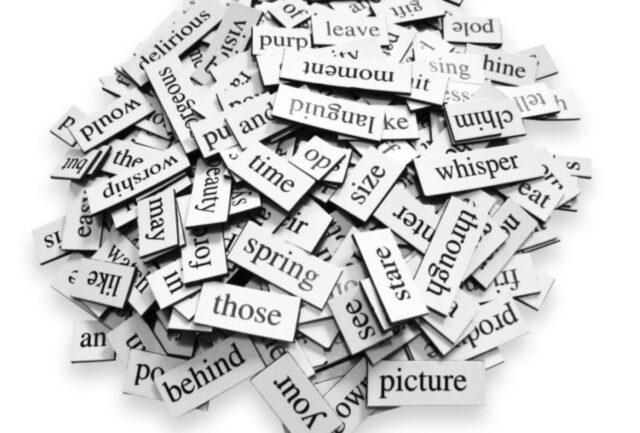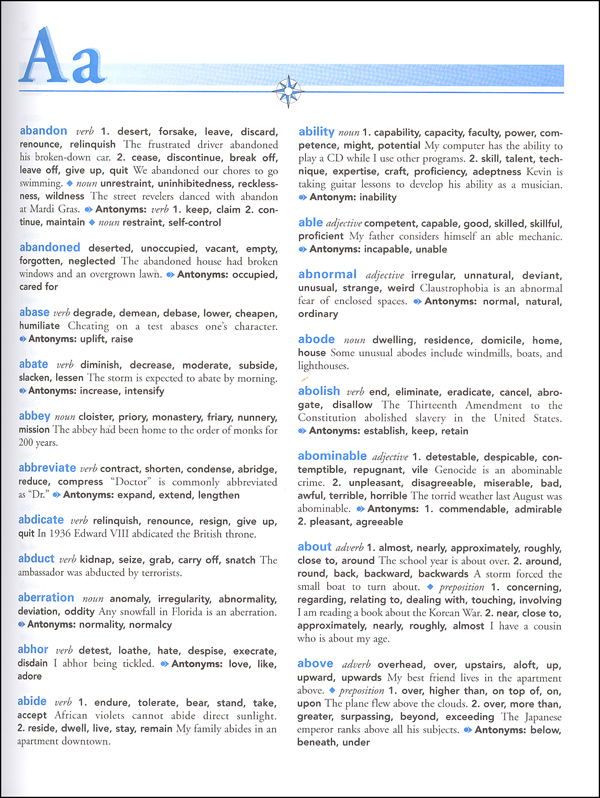

To thank your brother, or to thank someone who’s like a brother to you. To thank someone for driving you, or to thank a taxidriver. To thank a service person, such as a waiter or call center rep. To thank someone for something they will do for you. To thank a customer for doing business with you. To thank someone very much in a casual way.Ī polite way to end an exchange, for example, in an email or over the phone. In a casual setting, for example, to a friend. Usually in a formal setting, but it can be used in a casual setting. Here are 30+ ways to say thanks in English. If you're thanking someone you know, such as a friend or your mum, the more informal version of "thanks" is the best option. It’s also used in everyday situations, such as when the lady behind the counter hands you the change at the store.Ī less formal way to say “ thank you” in English is “ thanks.” If you're expressing gratitude to someone you have a formal relationship with, such as your boss or the call center agent you’re talking to on the phone, then " thank you" is the polite way to do it. So, how do you give thanks to someone in English? By saying “ thank you!” This expression is used when: And you definitely don’t want to come off as a rude person! In some countries, not saying “ thank you” in certain situations means being rude. There are definite social expectations for doing so, and breaking those expectations can sometimes lead to misunderstandings. Saying “ thank you” is a basic necessity, no matter where you live. The more polite words and phrases you know, the better your English will sound. Still, it's especially so in English-speaking countries.

Why? Well, because saying “thank you” is simply polite - and being polite is essential in most cultures. Of course, “ thank you” is one of the first phrases our parents taught us when we were little kids. Knowing different English expressions to say “ thank you” will make it easier for you to express your gratitude and appreciation appropriately in any situation. Saying " thank you" shows that you appreciate their efforts. If someone does something for you or gives you a gift, it's natural to say " thank you." It doesn't matter how big or small whatever they did for you is. Learning to say “ thank you” and “ you're welcome” in English is essential for social skills and for your success, whether you're a native speaker or not. These examples give you a basic idea of when to use each phrase - but practicing them will help you put them into action with ease.

That’s why in this article, we’ll give you a multitude of different ways to say “thank you” and “you’re welcome” in English, explaining the context.
#Those who remain thesaurus how to
And on the other hand, if a family member said one of those phrases to you, it could sound overly formal and even disrespectful.īecause of this, sometimes it's easy to forget how to thank someone in English, or you might realize you need to brush up on your skills. You wouldn't want to use an excessively familiar phrase among colleagues at work, for instance, because it would sound too casual. The context in which you use each expression is extremely important to make it appropriate. That’s because there are many ways to say thank you, and you're welcome in English.Įach of these phrases has its own subtle nuance, depending on whom you're speaking with or what kind of occasion you're acknowledging. The English language can be pretty challenging, including even the simplest expressions, such as giving thanks.


 0 kommentar(er)
0 kommentar(er)
